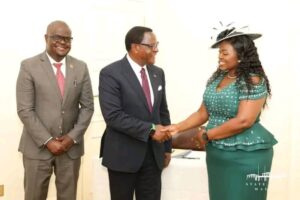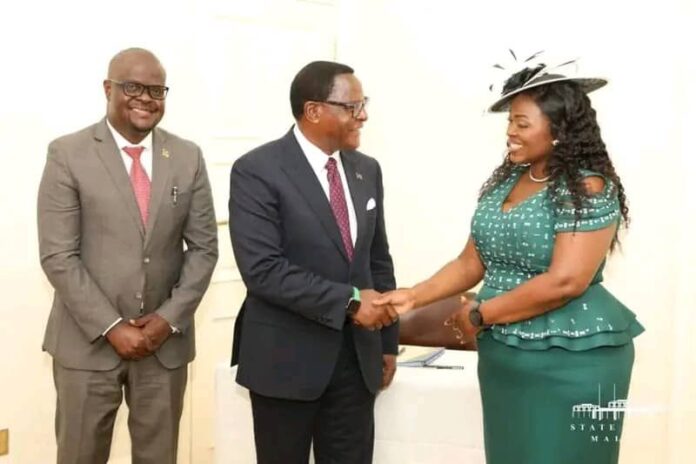By Burnett Munthali
With only five days to go before the official campaign period for Malawi’s September 16 General Elections begins, a growing debate has emerged around the conspicuous silence of presidential candidates on their choice of running mates.
The absence of clear vice-presidential contenders has left both the electorate and political analysts questioning the strategies and intentions of the country’s presidential hopefuls.
While some observers believe the delay is a tactical move to avoid early scrutiny and internal friction, others argue it undermines transparency and voter preparedness.

This running mate puzzle has now sparked broader conversations on the need for electoral reforms, with suggestions that the current legal framework fails to promote accountability.
Among those calling for change is Mabvuto Bamusi, the Publicity Secretary for the Political Science Association of Malawi, who has voiced concern over the recurring trend of last-minute running mate announcements.
Bamusi has proposed the enactment of legislation that would compel presidential aspirants to name their running mates at the point of collecting nomination papers.
According to Bamusi, such a law would enhance the democratic process by ensuring that voters are fully informed about the presidential team they are being asked to support.
He argues that a running mate is not a mere formality but an integral part of the leadership that will shape the country’s future.
Critics of the current approach say that it deprives the electorate of ample time to evaluate the vice-presidential candidate’s capabilities, background, and alignment with the presidential agenda.
They further warn that rushed selections done close to the campaign deadline often result in poorly vetted choices driven by political expediency rather than competence.
However, not all analysts agree with the proposal for legal intervention, with some maintaining that political parties should retain flexibility in making strategic decisions.
These analysts believe that forcing early declarations may box parties into choices that could later prove to be politically damaging.
They point out that the unpredictability of the political terrain requires room for maneuver, especially in coalition negotiations or balancing regional interests.
Nevertheless, the broader consensus remains that the current ambiguity around running mates fuels public anxiety and weakens confidence in political leadership.
As the clock ticks toward the campaign kickoff, pressure is mounting on candidates to reveal their second-in-command and clarify the team they intend to lead the nation with.
For now, Malawians are left watching closely, hoping that the choices made will reflect competence, integrity, and national unity rather than mere political convenience.



